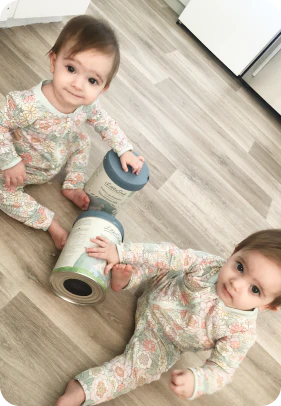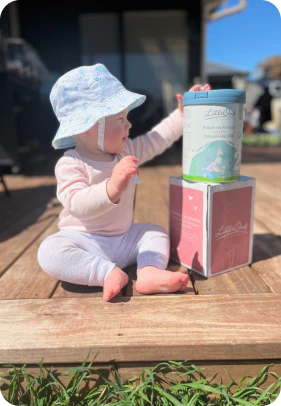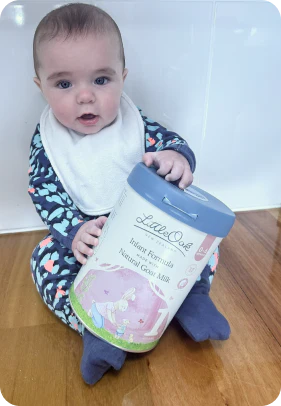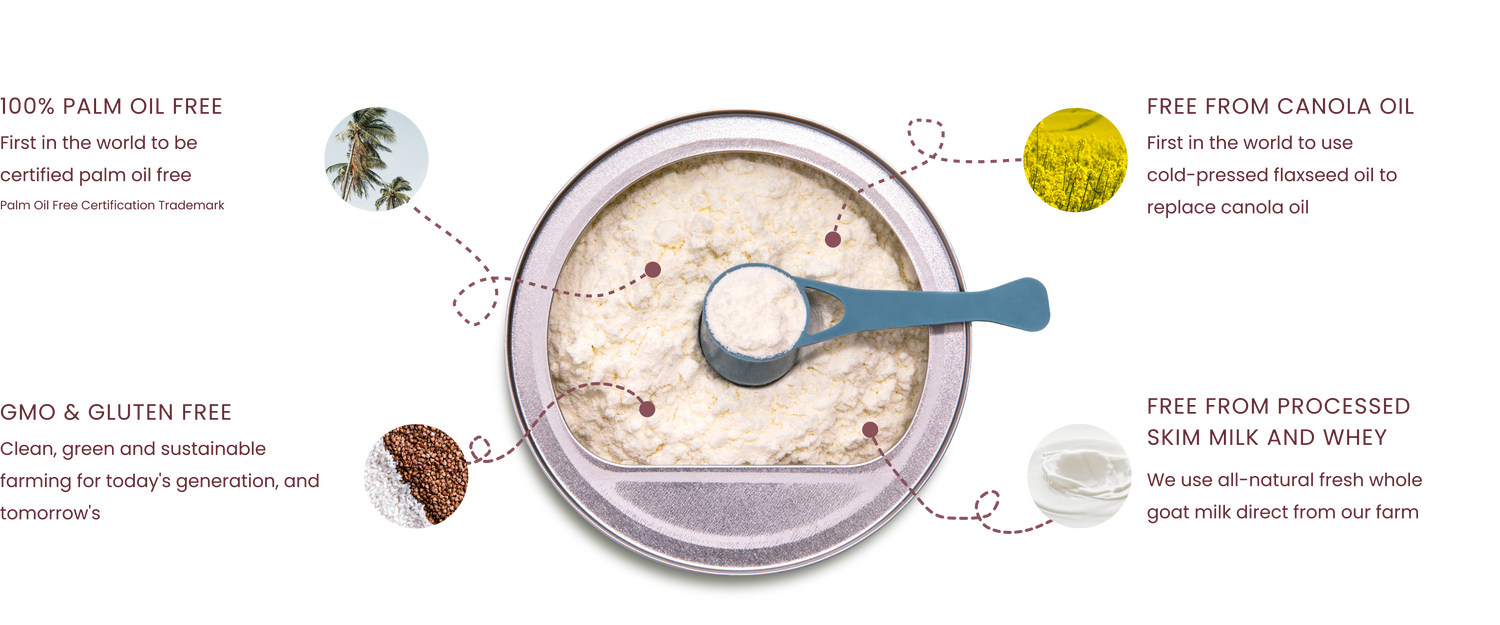As a parent, you might be thinking about your baby’s poop more than you ever thought you would. And as babies grow, their poop changes colour and texture as their diet shifts and their digestive tract develops. So, how do you know what's normal? What should you look out for? Thanks to pediatric naturopath, Lisa Moane, we’ve got the scoop on poop.
Breastfeeding
Yellow/ mustard: When it comes to newborns who are breastfed, they tend to have loose, seedy stools that are sometimes described as looking like mustard. For the first four days, your baby will likely pass three to four loose stools each day. They will also typically pass larger stools than formula fed babies, until starting solids. Generally speaking, your breastfed baby’s stool will most typically be green-brown to yellow-brown.
Green: If your child's stool is quite green looking, this is likely because your baby is eating green vegetables or consuming fortified iron in some capacity.
Red, black or white: If your child's stool is red, black or white, please consult your healthcare provider. A stool that appears red may be a sign of bleeding from the lower intestines and needs immediate attention. If the stool is black, this may indicate an injury in the upper digestive tract or may be caused by dark coloured foods such as beetroot. Lastly, if the stool appears white, this may indicate a lack of bile or a bile duct blockage. In these instances, please do consult a doctor.
Formula feeding
Standard infant formulas tend to have higher amounts of fat and minerals, which can cause harder stools.
Green: If you’re starting formula, sometimes your baby’s poop can appear green – usually due to the iron fortification. Alternatively, it could indicate that it's moving through the gastrointestinal track too quickly.
Frothy green: If your child's stool is a frothy green, this may be a sign of food intolerance.
In general, formula-fed little ones sometimes have stool that is slightly harder than breastfed babies. As mentioned above, if your little one's stool appears red, black or white, please consult your healthcare professional.
.....
LittleOak has been nourishing children for many years and feeds millions of infants, babies and children across the globe each and every day, in countries such as Australia, New Zealand and Singapore. In the US, we're proud to have our FDA compliant Toddler Drink available for families.
























